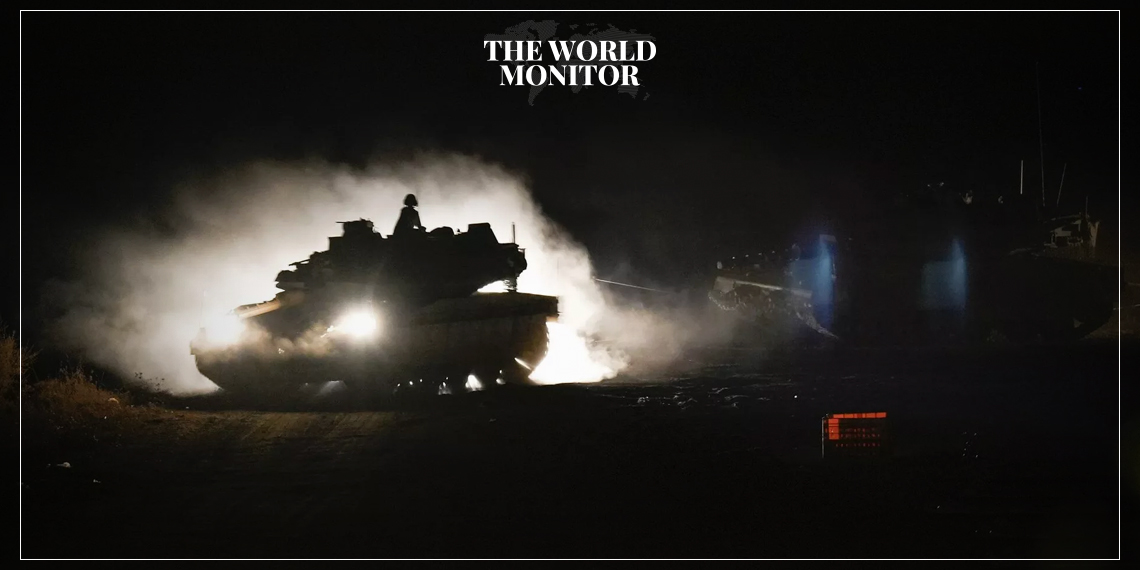Reports from U.S. sources reveal that Israel has outlined its conditions to the United States for ending the ongoing war in Lebanon.
These demands focus on reaching a diplomatic resolution to the conflict.
According to these reports, Israeli officials have delivered a document to the White House just before the scheduled visit of President Biden’s envoy, Amos Hochstein, to Beirut this Monday.
Hochstein’s visit to Beirut aims to explore a diplomatic solution with Lebanese officials. Meanwhile, U.S. Secretary of State Antony Blinken is also expected to tour the Middle East in the coming days.
Israeli Strategic Affairs Minister Ron Dermer, following discussions with the Israeli Defense Ministry and the Israeli Defense Forces, has been instrumental in crafting these diplomatic principles.
These discussions have shaped the document that insists on certain Israeli requirements being part of any diplomatic resolution to end hostilities against Hezbollah.
An Israeli official stated that the demands include allowing the Israeli military to actively ensure that Hezbollah does not rearm or rebuild its military infrastructure in Southern Lebanon near the border.
This would also facilitate the return of displaced persons on both sides of the border. Additionally, Israel seeks the freedom for its air force to operate in Lebanese airspace, a condition that might significantly undermine Lebanon’s sovereignty.
A U.S. official expressed skepticism about Lebanon and the international community accepting these conditions.
The ongoing conflict sees almost daily exchanges of fire across the border between Hezbollah and the Israeli military, following the Israeli offensive in Gaza that began on October 7.
Global concerns are escalating as the conflict between Israel and Hezbollah could potentially broaden into a wider regional conflict, drawing in more countries from the area.
In early October, the Israeli military announced a targeted ground operation in Southern Lebanon against Hezbollah infrastructure and targets in villages near the border, highlighting the intensifying military engagement in the region.






